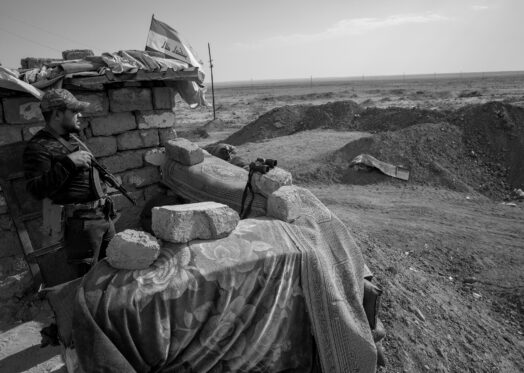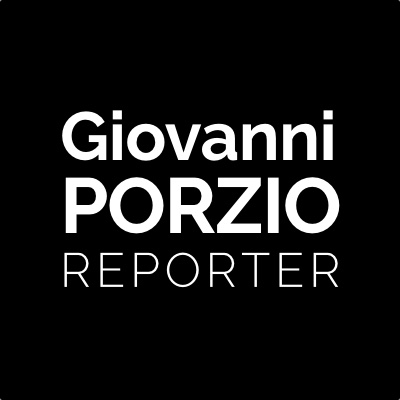Iraq still on the brink

It was Thursday, March 20, 2003 when at 5:34 a.m. we were awakened by the thunder of the first Cruise missile smashing into the presidential palace on the right bank of the Tigris. It was the beginning of Iraqi Freedom, the bloody campaign launched by George W. Bush against Saddam’s Baathist regime. Twenty years and a million casualties later, Iraq is still at risk of becoming a failed state. Rival Shiite armed groups, the most powerful among them tied to neighboring Iran, are fighting each other, and are beyond the control of the central government. Sprawling underground networks of senior officials, corrupt businessmen and politicians operate in the shadows to dominate entire sectors of the economy and siphon off billions of dollars from the public purse, while large parts of the country suffer from shortages of electricity, fuel or drinking water.
On the surface Baghdad is booming with construction works, multistory restaurants and high rise buildings. Army and police continue to guard ministries and banks, but there is a relaxed atmosphere in the city: gone are the checkpoints, removed most of the concrete barriers and armed posts that had turned neighborhoods into militia forts. Even in some areas of the Green Zone it is now possible to pass through without being subjected to checks and searches. At Palestine Hotel, the media headquarters during the war, concrete barricades and anti-kamikaze barrages have been reduced to a minimum and on the 17th floor bullet marks from the American tank that killed Spanish tv journalist José Couso and Polish photographer Taras Protsyuk have been erased. The ominous roar of car bombs can no longer be heard. But the feeling of newfound security is only an illusion. On the very evening of my arrival, after a patrol of the capital’s landmarks, I receive a message on WhatsApp from a stringer: “An American citizen killed now in Karrada”.
I walk the rain-flooded alleys of al-Dezam, a squatter settlement of 14,000 inhabitants on the edge of Sadr City. Trucks distribute water at 500 dinars the can. Streets are rivers of mud. Sewers are clogged. There are no health clinics. Portraits of the firebrand cleric Muqtada al-Sadr and flags with effigy of imam Hussein hang from the crumbling walls.
Iraq is not only divided, and made politically fragile, by irreconcilable sectarian and religious rifts, but also by the geopolitical and economic aims of several external powers. The ubiquitous faces of Khomeini and Qassim Soleimani – the head of the Pasdaran’s Quds Force killed on Jan. 3, 2020, by a U.S. missile – make Baghdad, and even more so the south of the country, with the Shiite holy cities of Kerbala and Najaf, look like an Iranian province. In the Kurdish and Turkmen north, the economic and commercial heavyweight is Turkey. Saudi Arabia, the Emirates and Qatar have stretched their tentacles in Anbar, the former “triangle of death”.
Grudges, suspicions and conspiracy theories mirror a country that has not reconciled with itself. In Kerbala general Ali al-Hamdani, commander of the Shiite militias south of the capital, assures me that ISIS – still active – was created by the U.S., while Fallujah’s former mayor Mohammed al-Mehemdi argues that the Islamic State was invented in Tehran! “Iran” he says “has been the downfall of Iraq. With Saddam at least we had security and less corruption. The U.S. has not kept its promises: we have a sectarian and super-corrupt government. This democracy is a failure”.
Sunni sheikhs, politically sidelined, have gone into business: construction, transports, trade and smuggling: al-Anbar has become a hub for the trafficking of Captagon, an addictive stimulant (fenethylline hydrochloride) manufactured mainly in Syria and hugely popular in Saudi Arabia and across the Middle East. The drug, known as the “poor man’s cocaine” is also used by armed groups and regular forces in battle situations, to boost courage and numb fears.
As I travel around, the large al-Baiji refinery sheds some greasy light on the present and on the country’s dark future: that Iraq has not collapsed is certainly not because of its corrupt politicians, zealot clerics, resentful sheikhs and armed militias, but only thanks to its immense oil wealth.





